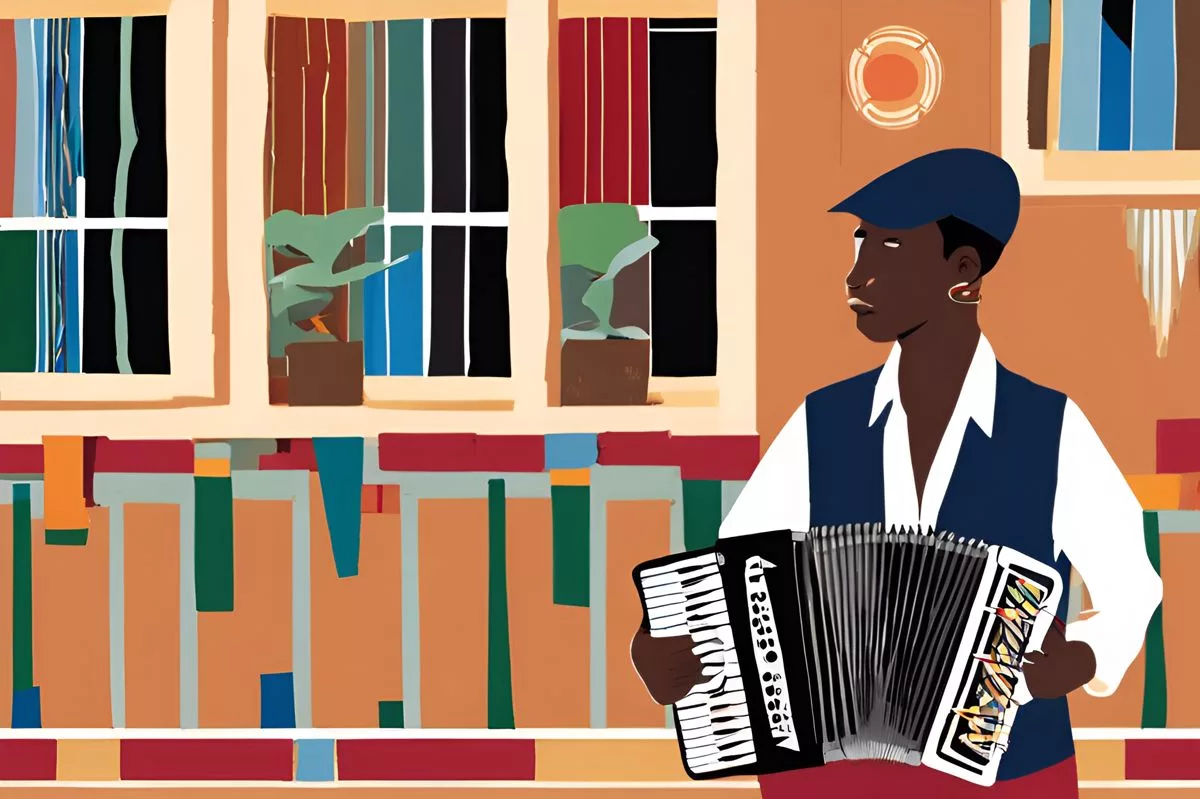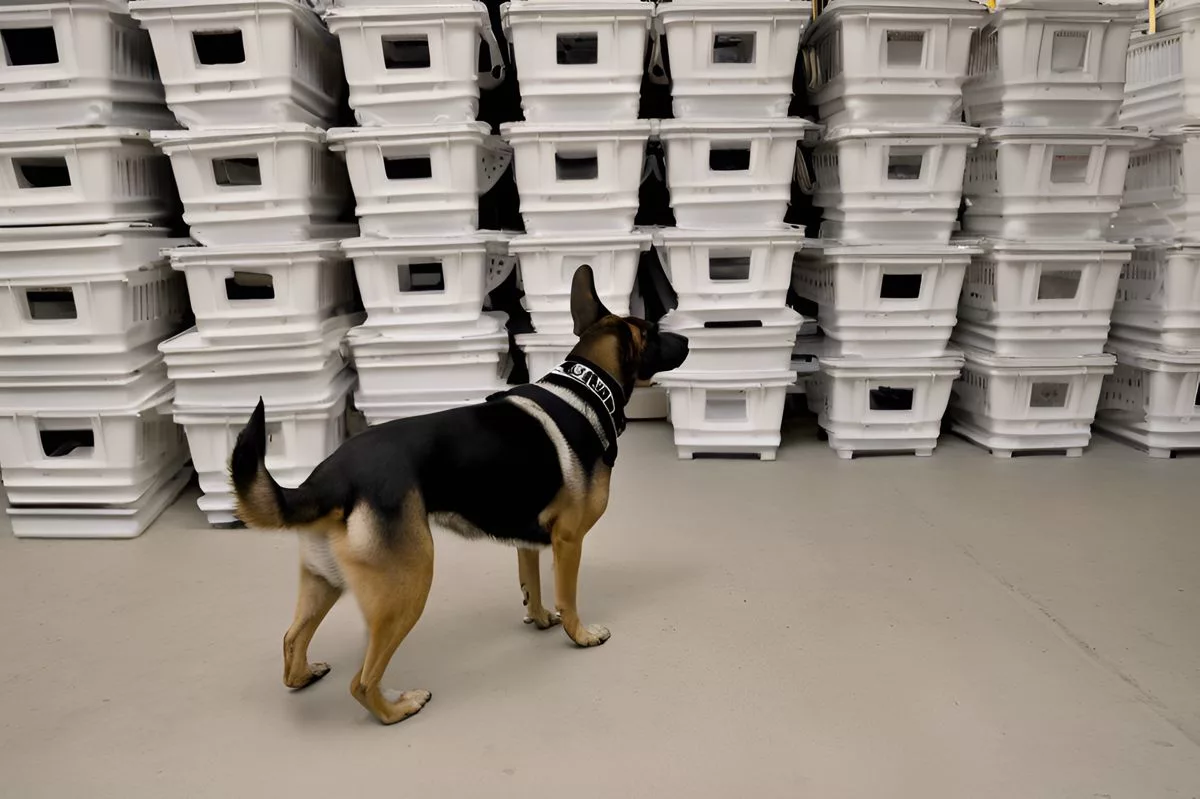World Accordion Day is celebrated annually on May 6th around the world, highlighting the importance of the accordion as a musical instrument. In South Africa, the event showcases the accordion’s historical significance and contemporary relevance, with renowned artists performing at various venues. The accordion’s versatility and adaptability transcends cultural boundaries and has an enduring influence on South African music, as celebrated during the event’s diverse performances.
What is World Accordion Day in South Africa?
World Accordion Day is an annual event celebrated globally on May 6th, acknowledging the prominence of the accordion as a musical instrument. In South Africa, the event showcases the accordion’s historical legacy and contemporary relevance, featuring renowned artists and performances across various venues. The accordion’s influence on South African music is highlighted, with its versatility and adaptability transcending cultural boundaries.
Chapter 1: A Tapestry of Cultural Harmony
South Africa is renowned for embracing the varied palette of its cultural legacy. A pertinent instance of this appreciation is the celebration of World Accordion Day, an event that illuminates both the storied past and the contemporary relevance of the accordion. Preparing to commemorate its second appearance in the post-pandemic landscape, the event is slated to unfurl in the Western Cape, with the joyous proceedings scattered across various venues over numerous days.
The inaugural ceremony commences on Friday, May 3rd, at the Alma Café in Rosebank. This local mainstay is beloved for its cosy atmosphere and fervour for music. With eager anticipation wafting through the air, the attendees look forward to the evening’s performances, assured of an evening steeped in the melodious strains of the accordion and the friendly spirit of shared enthusiasts.
World Accordion Day, steeped in historical significance, was initially acknowledged in 2009 in Italy. It was from this European heartland that the event’s influence rippled out to reach the remotest corners of the world, earning annual recognition on May 6th globally.
Chapter 2: Accordion Virtuosos Take the Stage
The celebrations proudly feature a line-up of accomplished accordionists including some of South Africa’s most exceptional talents. Among them are Leon Albert Oosthuizen, Loren Ehlers, Ralikoriana koete Masholu (RKM), and Mahamba, also known by his moniker, Mr Dreams. Oosthuizen, a respected figure in the accordion realm, helms the nonprofit organization SAFRA (SA Free Reed Association), exhibiting a commendable commitment to the promotion of free-reed instruments like the accordion and bandoneon.
Oosthuizen’s observations about the accordion’s impact on South African music underscore its significance. He elucidates how the instrument is featured in diverse South African cultures and mainstream music, thereby not only characterizing current trends but also fostering connections with other societies such as Latin, French, and German. Beyond South Africa, the accordion enjoys popularity in countries like Lesotho and Congo and is integral to Zulu music.
Chapter 3: The Accordion’s Remarkable Influence
The accordion’s esteem is further elevated by renowned artists like Johnny Clegg and Paul Simon incorporating its distinctive tunes into their musical compositions, thereby enhancing their richness. This global and regional acknowledgment underlines the accordion’s ongoing relevance and charm.
In an exciting development, Oosthuizen discloses that the University of Cape Town (UCT) currently has students studying the accordion at the tertiary level for the first time in three decades. This positive trend indicates the instrument’s escalating prestige and offers students the chance to participate in world championships after they graduate.
Chapter 4: A Grand Finale
The celebrations reach their zenith on Sunday, May 5th, at the Drostdy Theatre in Stellenbosch. Attendees can look forward to a diverse range of performances, including a piano-accompanied tango dance session, country dancing, traditional Austrian dance, and naturally, South African music. This splendid conclusion underscores the accordion’s adaptability and timeless appeal.
World Accordion Day in South Africa transcends the boundaries of a regular instrument-based celebration. It applauds a unique cultural icon that has entwined itself into the rich tapestry of South African society and music. Be it the snug ambience of Alma Café in Rosebank or the grand Drostdy Theatre in Stellenbosch, the timeless tunes of the accordion will echo, inviting one and all to immerse themselves in its rich legacy.
1. What is World Accordion Day in South Africa?
World Accordion Day is an annual event celebrated globally on May 6th, acknowledging the prominence of the accordion as a musical instrument. In South Africa, the event showcases the accordion’s historical legacy and contemporary relevance, featuring renowned artists and performances across various venues. The accordion’s influence on South African music is highlighted, with its versatility and adaptability transcending cultural boundaries.
2. When and where does the event take place in South Africa?
The event takes place annually on May 6th and is celebrated across various venues in South Africa. The inaugural ceremony of the event commences on May 3rd at the Alma Café in Rosebank, with the celebrations reaching their peak on May 5th at the Drostdy Theatre in Stellenbosch.
3. Who are some of the prominent accordionists featured in the event?
Among the accomplished accordionists featured in the event are Leon Albert Oosthuizen, Loren Ehlers, Ralikoriana koete Masholu (RKM), and Mahamba (Mr Dreams). Leon Albert Oosthuizen is a respected figure in the accordion realm, helming the nonprofit organization SAFRA (SA Free Reed Association).
4. What is the accordion’s impact on South African music?
The accordion’s impact on South African music is significant, with its versatility and adaptability transcending cultural boundaries. It is featured in diverse South African cultures and mainstream music, characterizing current trends and fostering connections with other societies such as Latin, French, and German. Beyond South Africa, the accordion enjoys popularity in countries like Lesotho and Congo and is integral to Zulu music.
5. How has the accordion been acknowledged globally and regionally?
Renowned artists like Johnny Clegg and Paul Simon incorporate the accordion’s distinctive tunes into their musical compositions, enhancing their richness. This global and regional acknowledgment underlines the accordion’s ongoing relevance and charm.
6. What does the future hold for the accordion in South Africa?
The University of Cape Town (UCT) currently has students studying the accordion at the tertiary level for the first time in three decades. This positive trend indicates the instrument’s escalating prestige and offers students the chance to participate in world championships after they graduate.












